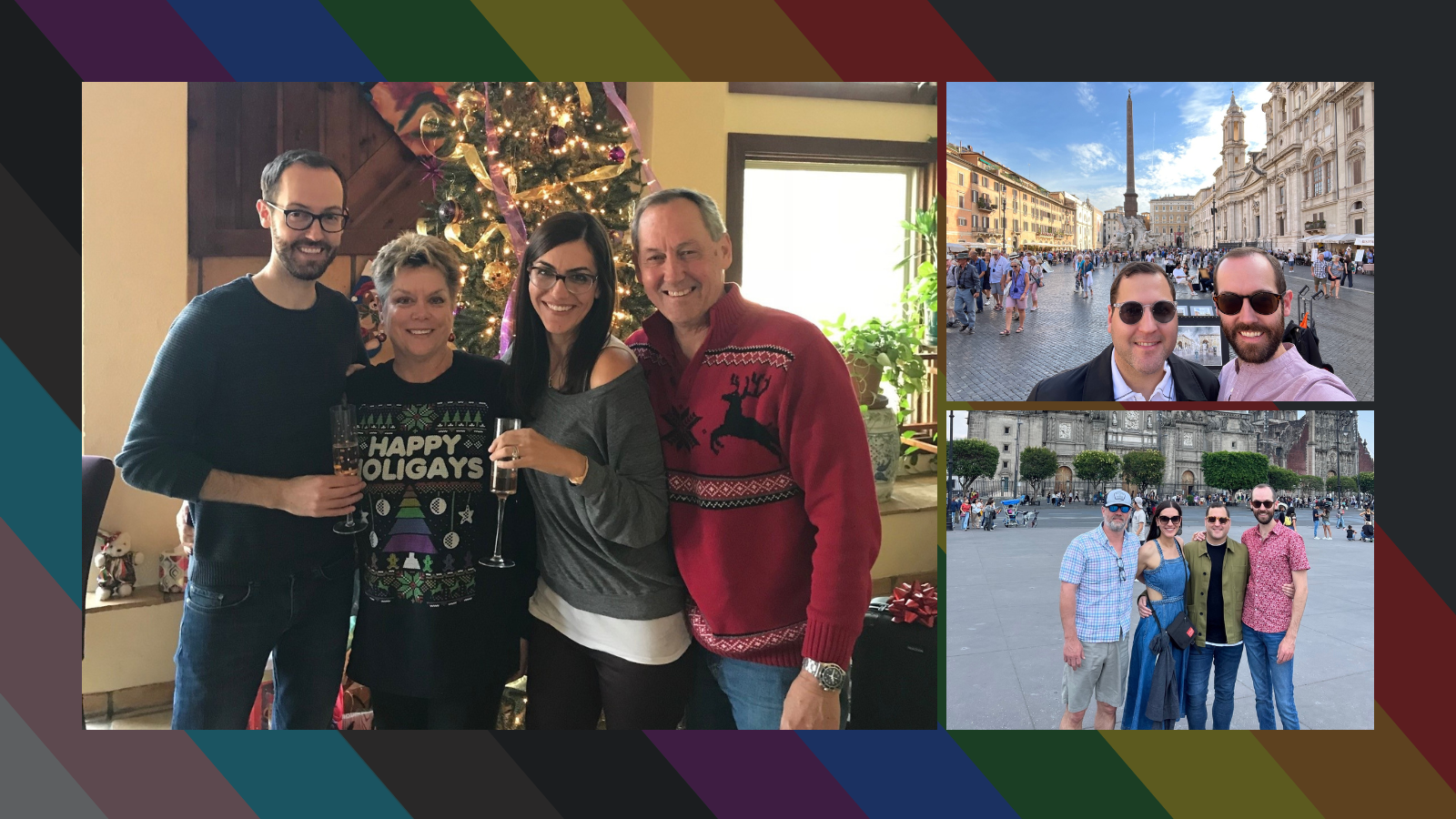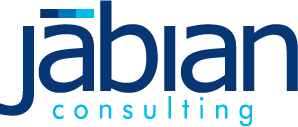Welcome to our next series of Jabian Conversations dedicated to celebrating Pride Month! Through these spotlights, we hope to inspire, educate, and encourage further progress in fostering a more inclusive and equitable world for all.
Our first spotlight features Alex Daly, a director in Jabian’s Dallas-Fort Worth office. Alex shares his personal journey and reflections on what Pride Month signifies to him.
Q: What does celebrating Pride Month mean to you?
A: For me, Pride Month is all about LGBTQIA+ visibility and allyship, and it’s a time to highlight how much work still needs to be done across the country and locally in the fight for equality. I’m incredibly lucky that true allyship begins at home for me, as I have the most supportive family imaginable. When I came out 20 years ago, my parents immediately joined PFLAG, became the presidents of their local chapter in about three months, and have been active leaders and advocates for the LGBTQIA+ community in North Texas ever since. Their unwavering support has given me the confidence never to hide who I am personally or professionally, and they inspire me to act as an ally and advocate for other underrepresented groups.
Q: What has been your experience with being a member of the LGBTQIA+ community in corporate America?
A: I’ve been fortunate in my career to work for companies like Jabian that prioritize diversity in their workforce, support their LGBTQIA+ employees and local communities, and place a value on inclusive practices. However, this also doesn’t happen by accident, as I’m deliberate about “coming out” during the interview process and discussing things like same-sex partner benefits to ensure we’re on the same page about values. That way in the rare circumstances where I have encountered a hostile client environment as a gay man working in consulting, I know that I can raise my concerns to my leadership team and they’ll have my back.
Q: What is something you still want to see change going forward in the corporate world?
A: I would love to see companies move away from a well-intentioned, but ultimately harmful, reliance on “culture fit” when discussing recruitment, employee development, and attrition. It’s too easy to say “She wasn’t a good cultural fit” when someone exits the organization – well was she the only woman on the team? The only lesbian? The only person of color? We need more precision to avoid defaulting to the easy answer of hiring people who look and think essentially the same way we do.

